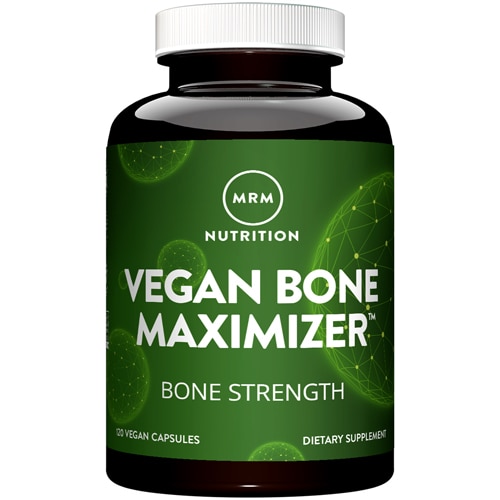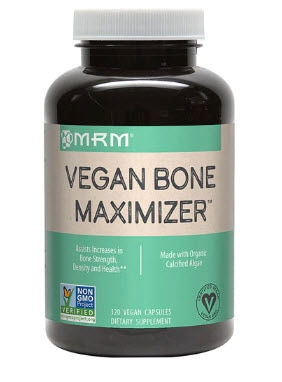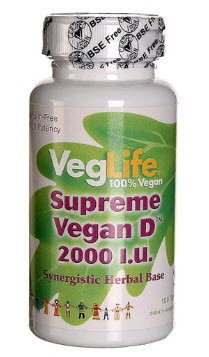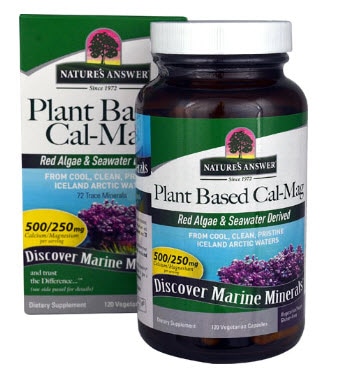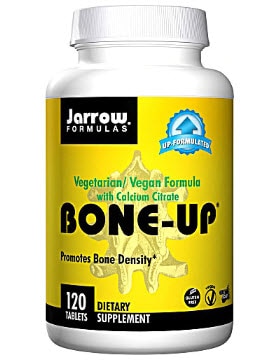Vegan diets, although rich in many important nutrients, have the potential to be deficient in protein, calcium and vitamin D. This can lead to poor bone health and increased risk of brittle bones and fracture. If you're a vegan, or have decided to start a vegan lifestyle, make sure your bones are protected by compensating for the lack of dairy products and meat.
1. Stock up on calcium
The recommended calcium intake for adults is 1,000 mg per day. Since veganism does not include dairy (a well-known source of calcium), you'll have to get this important, bone health-supportive mineral elsewhere. Luckily, there are plenty of vegetables and fruits that provide calcium, including kale, collards, mustard greens, turnip greens, bok choy, broccoli, napa cabbage, watercress, oranges, orange juice and figs. Introduce calcium-rich plant milk, fortified juices, firm tofu made with calcium-sulphate, tempeh, sesame seeds, tahini, beans, almonds and almond butter into your diet, as well.
2. Watch your protein intake
While protein is essential for bone strength, keep the intake balanced. Too much or too little reduces the strength of bones, increasing the risk of fracture. Amino acids in protein are vital for the body's well-being, especially those that the body cannot produce on its own. Protein that comes from animal sources contains a complete mix of amino acids, so if meat and dairy are not part of your diet, the intake of essential amino acids will become compromised. Vegans need to eat a wide range of vegetable proteins in order to meet the body’s need for amino acids. Soy products, nuts, grains and dried beans are all exceptional sources of protein. In addition, there are plenty of plant-based protein powders to consider in addition to dietary changes.
3. Enjoy yummy fruits and veggies
Fruits and vegetables make the blood less acidic and more alkaline so your body won’t draw calcium from your bones. Thanks to nutrients in fruits and vegetables, such as vitamin K, vitamin C, potassium, magnesium and boron, your bones will get all the essential nutrients to stay healthy.
4. Pump that iron
A sedentary lifestyle is detrimental to everyone’s bones, so get moving. Weight lifting beneficially stresses your muscles, while jogging creates an impact on them, helping to keep muscles strong. According to research, strength training plays a significant role in slowing bone loss, so get out there and start pumping iron. With strength training, you’ll target bones most likely to fracture such as those in the hips, spine and wrists, and help to offset age-related declines in bone mass.
5. Don’t forget vitamin D
Thanks to vitamin D, your body can absorb and use calcium. Sunlight is the best source, providing 80 to 90 percent of our vitamin D. If you’re a vegan and also don’t like to spend time under the sun, D-fortified foods or a supplement need to be a part of your diet. Look for a daily supplement of at least 600 IU (15 mcg) of D3. Vitamin D3 is the same form that’s produced by the body in response to sunlight. But we strongly recommend soaking up the sun at least 10 to 20 minutes every day. Short exposure to sunlight isn’t bad for you, and it really helps your bones. Get out and enjoy!
Looking for extra bone health support? Consider these supplements:



